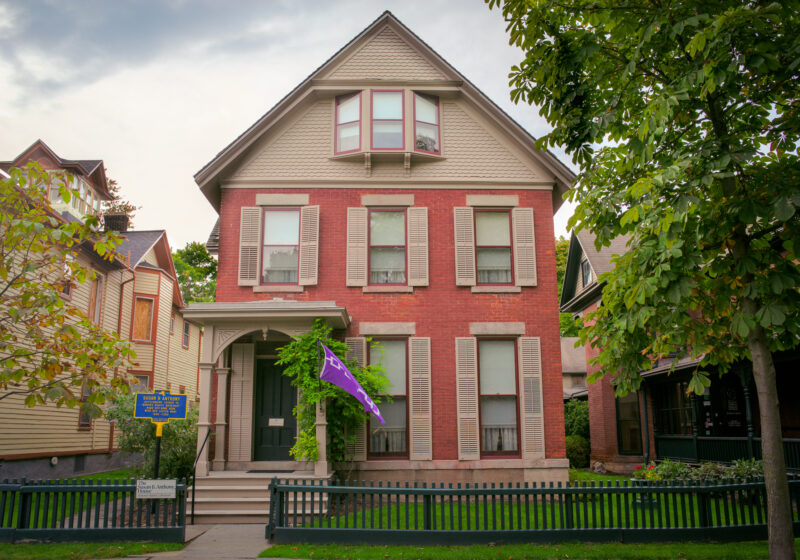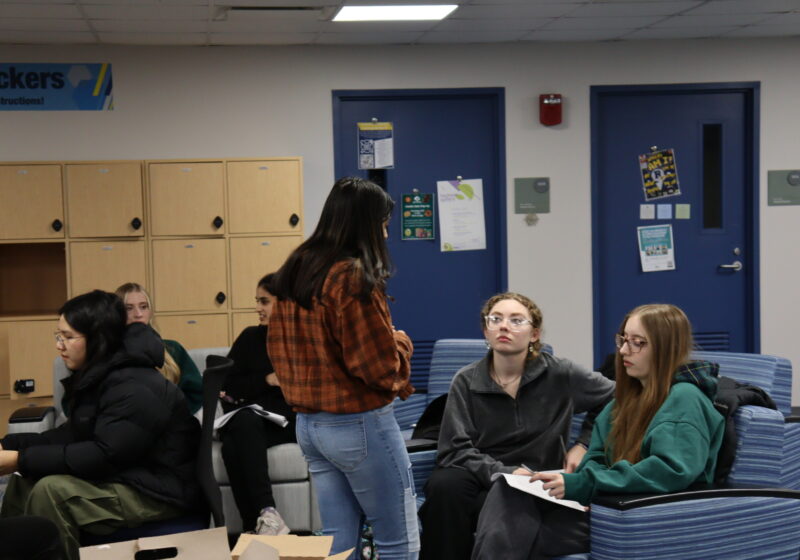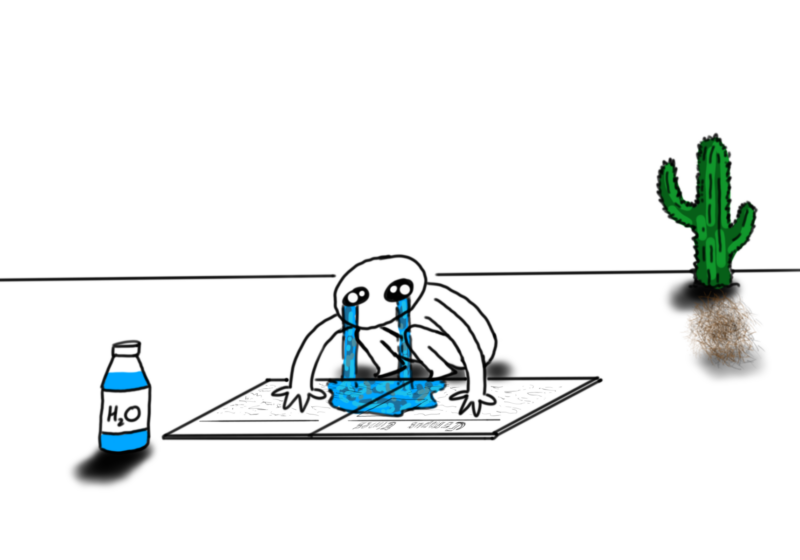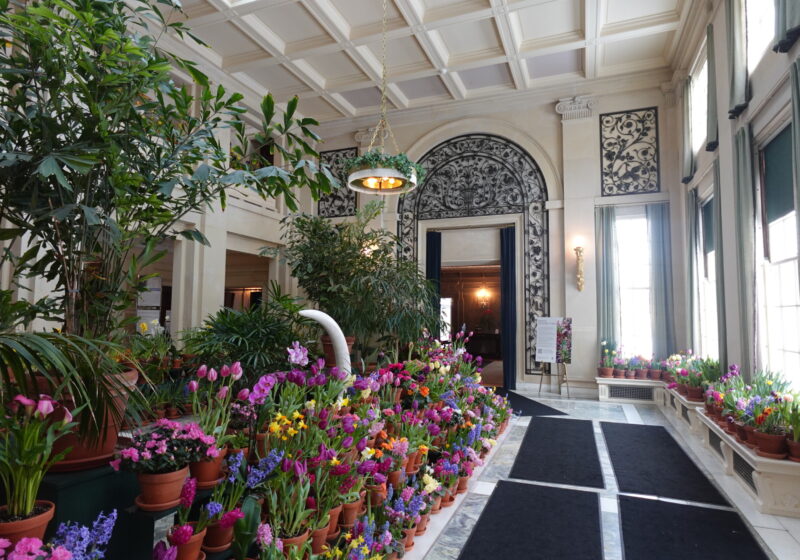From Oct. 26 to Nov. 3, the Susan B. Anthony Museum and House (SBA) will be holding early voting for the upcoming general election.
Last April, ahead of the March presidential primaries, the SBA House opened its doors to early voters for the first time. According to President and CEO of the National Susan B. Anthony Museum and House, Deborah Hughes, the organization aims to share the story of Anthony’s fight for voting rights, and has wanted to become a voting site for a long time.
“We thought it was really appropriate [to become a polling site], but things just opened up to make that possible recently. One is that we have early voting in New York state now.”
Early voting has less dramatic restrictions placed upon the occupant capacity and facilities of a voting site, but even so, the House wasn’t ready right away. The biggest hurdle was to retrofit an existing building to accommodate a stream of voters throughout the day.
The only space big enough on the museum’s campus was the carriage house, a larger space built in the ’90s to accommodate educational events in conjunction with the visitor center. It wasn’t until this winter that a second door was installed on the carriage house so that the space could become eligible as a polling place.
“We had approached the Monroe County Board of Elections and said ‘We would really like to be a voting site, is that possible?’ They came and they had a whole set of criteria that they had to look at,” Hughes said. “And one of the pieces was you need to have two doors, just for safety and security.”
The move to install the door had been in the works long before though, according to Hughes. However, it wasn’t until early voting became a serious possibility that the organization was able to expedite the project in time for the presidential primaries.
Accessibility, it turns out, is an important ideal of the organization — both when it comes to the educational mission of the Museum and as it relates to tearing down barriers relating to voter suppression.
It’s well known that younger generations have dismal voter turnout when compared to older demographics, which is often attributed to the widespread belief that individual votes can’t make a difference in the current system. Hughes disagrees: “If voting weren’t so powerful and so important to democracy, we wouldn’t have people still trying to prevent us from getting to the ballot box.”
Hughes continued, saying that voting is one of the single most important acts one can do as a citizen in America, and refusing to vote is far from a revolutionary act. “Misinformation, disinformation — these are intentional strategies used by people in power [to create voter apathy]. It’s a lot easier to convince you that it’s not important [to vote] than it is to convince you to vote the way they want you to.”
Even in a solidly blue state like New York, the amount of voter turnout can hold elected officials more accountable. “We don’t see lawn signs, we don’t have town meetings, we don’t get together to talk about policy because everybody thinks they already know what [the voters] think […] And if the political parties aren’t even willing to invest time and energy in having those conversations, how can they possibly represent us?”
Given the mission of the SBA house, it’s not hard to see why voter apathy is such a pressing issue for them. To someone whose work is in telling the story of a woman who wanted nothing more than to be granted equal voting rights, little is more frustrating than to see so many Americans forfeiting this right.
Susan B. Anthony saw herself not just as a suffragist, but as a revolutionary. More than just suffrage for women, according to Hughes, Anthony “believed that good politics was complicated politics. That it does involve compromise but also involves bringing everybody to the table.”
Casting a ballot in this election in and of itself is a way to honor those who fought for our right to vote, but the opportunity to do so at the Anthony Estate is a way to feel even closer to Rochester’s voting rights activists.
For Hughes, “everybody who shows up to vote, everybody who stands in line, no matter who they vote for, is a courageous person. And I just — I can’t imagine how much fun [it would be] to take that daring step right here.”
Alongside early voting, the SBA House is offering several upcoming events such as a celebration of National Nurses Week (a profession for which Anthony advocated fiercely during her lifetime) from Oct. 8-12, neighborhood walking tours on Oct. 19 and 26, as well as an annual birthday celebration and fundraiser in February.
You can find out more on their website. Registration for voting in NYS ends Oct. 26 and can be done online or in person. Early voting across Monroe County also begins on Oct. 26, and locations and times (including the SBA House) can be found here.
Any UR student, on or off-campus, is eligible to register as a NYS voter, so long as they meet all other federal voting requirements.







